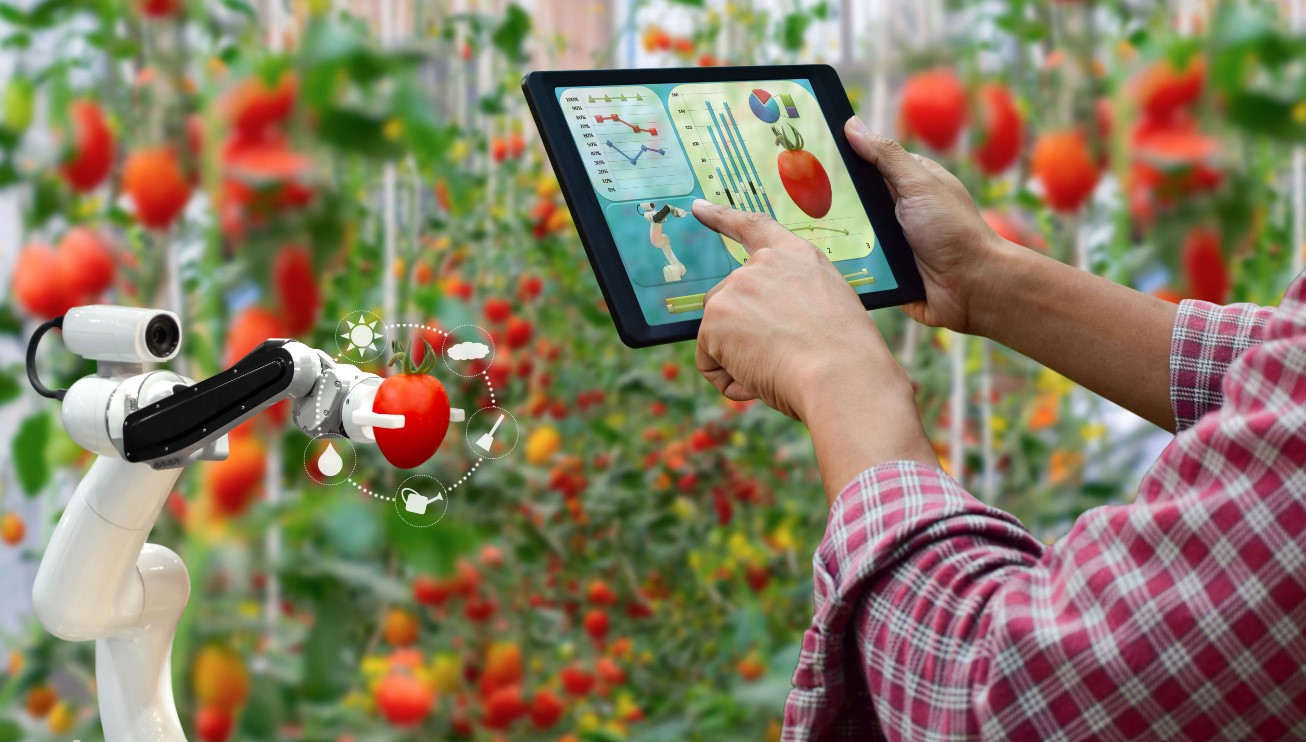The landscape of the food industry continues to evolve, presenting myriad opportunities for graduates in Food Science to embark on entrepreneurial ventures. Armed with expertise in food technology, safety, and innovation, these graduates possess a solid foundation to explore diverse entrepreneurial avenues within the food sector. From crafting innovative food products to offering consulting services and spearheading research-based ventures, Food Science graduates can leverage their knowledge and skills to carve out successful entrepreneurial pathways.
Creating Innovative Food Products
- Product Development and Innovation: Food Science graduates can venture into creating novel food products. Their understanding of ingredient functionality, food chemistry, and sensory evaluation equips them to develop unique, nutritious, and appealing food items that cater to evolving consumer demands.
- Specialized Dietary Products: Capitalizing on the growing demand for specialized dietary products (e.g., gluten-free, plant-based, functional foods), entrepreneurs can design, and market innovative food alternatives tailored to specific dietary needs or lifestyle preferences.
- Sustainable Food Solutions: Entrepreneurs in this field can focus on sustainability by developing eco-friendly packaging, utilizing food waste for new products, or creating sustainable food production methods aligned with environmentally conscious consumer preferences.
Image By: https://insights.figlobal.com
Consulting Services and Expertise
- Food Safety and Regulatory Compliance: Leveraging their expertise in food safety standards and regulations, Food Science graduates can offer consultancy services to food businesses, ensuring compliance and implementing best practices in food safety protocols.
- Quality Control and Assurance: Providing quality assurance services to food manufacturers by offering expertise in maintaining product quality, optimizing processes, and conducting analyses to ensure adherence to industry standards.
- Market Research and Consumer Insights: Utilizing their knowledge of consumer behavior and market trends, graduates can offer consulting services to help businesses understand consumer preferences, aiding in product development and market positioning.
Research-Based Ventures
- Applied Research and Development: Entrepreneurs can establish research-based firms focused on developing innovative food technologies, exploring new processing methods, or discovering functional ingredients for improved food products.
- Collaborative Partnerships: Forming partnerships with academic institutions or research centers can enable graduates to conduct advanced research, leading to discoveries that could revolutionize the food industry.
- Incubating Startups: Establishing incubators or accelerators aimed at nurturing food startups by providing resources, mentorship, and access to facilities, fostering a culture of innovation and growth within the industry.
Entrepreneurial Challenges and Opportunities
- Regulatory Compliance: Navigating complex regulations and ensuring compliance can be challenging. However, it also presents opportunities to offer specialized services in regulatory guidance.
- Market Competition and Innovation: The dynamic nature of the food industry demands constant innovation. Graduates can thrive by staying abreast of emerging trends and disruptive technologies.
- Consumer Education and Acceptance: Introducing innovative products may require educating consumers about their benefits and overcoming initial resistance. Effective marketing and communication strategies become crucial here.
Image By: https://www.careergirls.org
Conclusion
Food Science graduates possess the knowledge and expertise to thrive as entrepreneurs in the diverse realms of the food industry. Whether through creating innovative products, offering consultancy services, or leading research-based ventures, their entrepreneurial spirit can drive innovation, address industry challenges, and contribute to shaping the future of the food sector. Embracing innovation, staying adaptable, and leveraging their specialized skills will pave the way for successful entrepreneurial journeys within the dynamic food industry.












